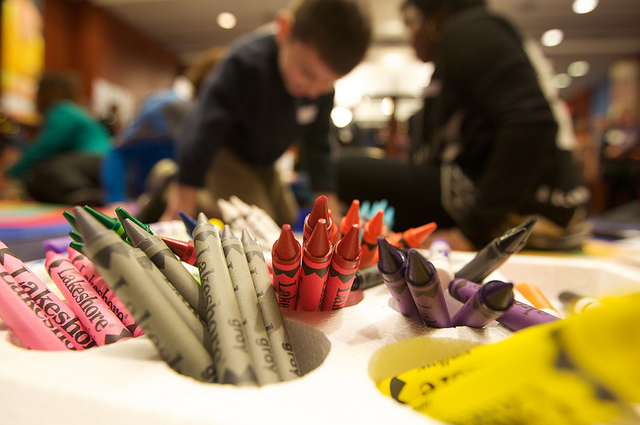
No matter who wins the Nashville mayor’s race, the city’s next leader thinks pre-K is an important investment: All of the candidates say it starts off children’s education on the right track. But they disagree on how much of the cost of early education should be subsidized by Metro government.
When asked whether the city should pay for pre-K for all Nashville families, attorney Charles Robert Bone was resolute.
“Yes,” he said, “regardless of income level.”
City council member Megan Barry shared that enthusiasm.
“I really believe that in order for our children to be college- and career-ready, they have to be kindergarten-ready,” she said. “For me, that means universal pre-K.”
Real estate mogul Bill Freeman would make pre-K a priority, he said, as would criminal court clerk Howard Gentry. But Gentry tempered his approval with this question: How would the city pay for it?
“I am slow to say, in any initiative, that I will do it, because a mayor can’t just go do it,” he said. “You have to have the funding, you have to find the funding, and sometimes it takes awhile.”
Money was also on the mind of businesswoman Linda Rebrovick. She would consider paying for pre-K across the board, especially if Tennessee’s new education commissioner recommends it. But, she said, she would expect the state government to provide some of the funding.
Perhaps the most reserved voice among the candidates was former school board chairman David Fox. He supports what he calls targeted pre-K — subsidizing early education only for families who can’t already afford it.
“I’d far rather use all the resources we can possibly muster for pre-K and put it to the benefit of economically disadvantaged kids. That’s how you really move the needle,” he said.
On the other side of the spectrum was charter school founder Jeremy Kane: The city shouldn’t just invest in pre-K, Kane said, it should also start earlier by investing in childcare for low-income families.
“A child’s brain develops more in the first three years of their lives,” he said. “Those three years are critical.”
In December, Metro Nashville Public Schools won an $8.3 million federal grant to expand its current pre-K program, which added about 400 seats.


